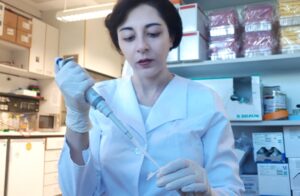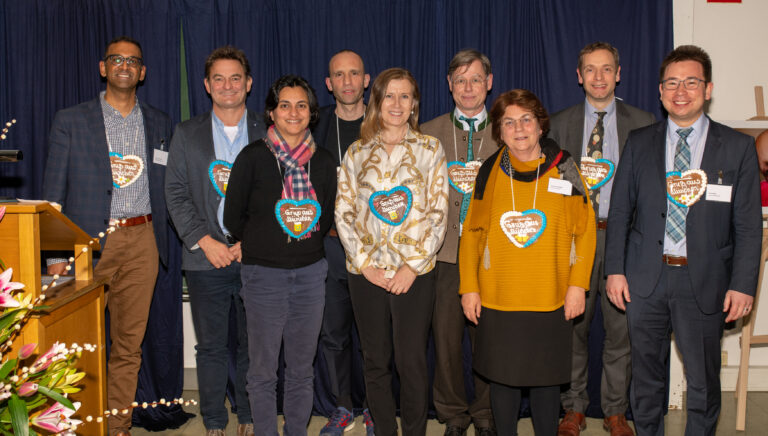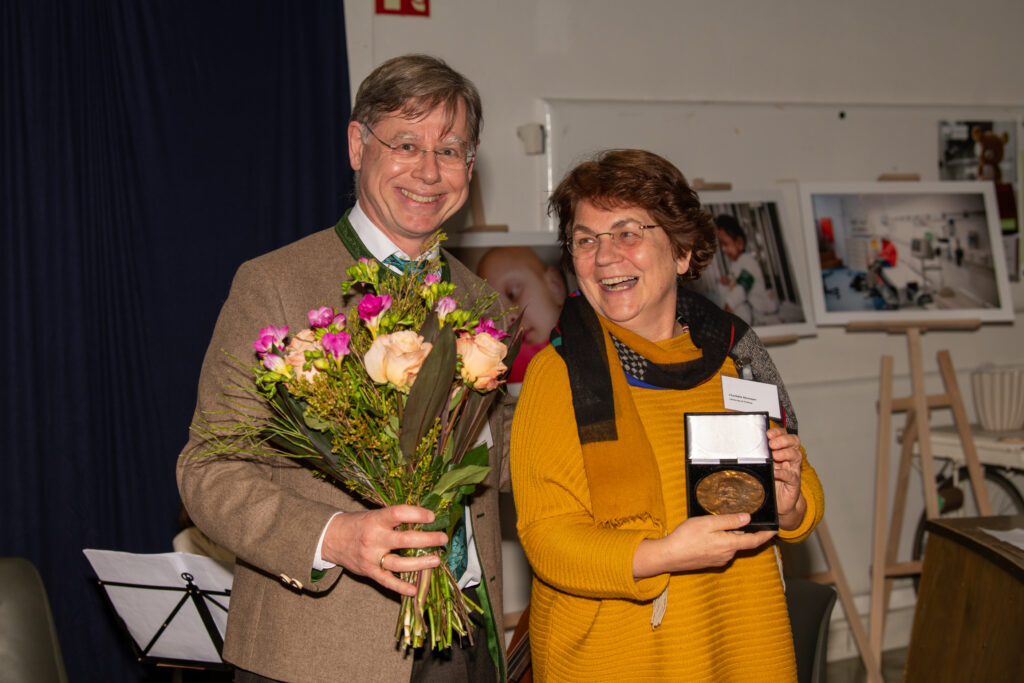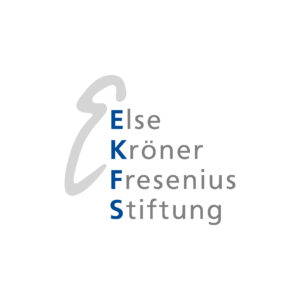Current activities
Our current fellows

Behrokh Shojaie, Isfahan University of Medical Sciences, Iran
Fellow since March 2023
„My research in Prof. Christoph Klein’s lab focuses on rare immunological diseases known as inborn errors of immunity (IEI) and caused by genetic defects in various parts of the immune system that impair the body’s defense function against pathogens, including viruses, bacteria, fungi, and parasites. Immunoglobulins/antibodies in the blood are one of the crucial components of the human immune system and play a vital role in defending the body against pathogens. Any disorder in the production or function of immunoglobulins can lead to higher susceptibility to infections, autoimmunity, and other complications. Our research aims to identify the genetic mutations and molecular mechanisms involved in three patients with clinical manifestations of high levels of immunoglobulin M (IgM) or immunoglobulin E (IgE), two types of antibodies. Patients suffering from hyper IgM syndromes have impaired production of immunoglobulins except for IgM, making them highly vulnerable to infections. On the other hand, patients with hyper IgE syndrome have an elevated level of serum IgE, while the amounts of other immunoglobulins appear not to be affected. This condition leads to an increased susceptibility to various infections, allergies, and eczema. Given the heterogeneous nature of IEI diseases and the involvement of genetic and non-genetic factors in their development, we first examined the genetics of the three patients to determine if their immunological and phenotypic manifestations were due to pathogenic genetic mutations. Our genetic analysis (whole exome sequencing) revealed that two patients from the same family suspected of hyper IgM syndromes do not carry any known pathogenic genetic mutations related to hyper IgM clinical symptoms. Therefore, we will need additional multi-omics-based approaches to understand the cause of the disease in these patients. However, we were able to identify novel genetic mutations in one patient suspected of hyper IgE syndrome. We will further investigate the role and significance of these novel mutations in the development of hyper IgE syndrome by engineering cells carrying these mutations to evaluate their immune response changes and discover the molecular function of the mutated genes in IgE production. We hope the results of our research will help our patients receive better therapies, expand our knowledge of the human immune system, and find more efficient treatment strategies for patients with IEI diseases.“
Our latest activities

March 2023
As part of an international event series, the Dr. von Hauner Children’s Hospital of the Ludwig-Maximilians-Universität (LMU) organises the Klaus Betke Symposium every two years to draw attention to the importance of rare diseases and personalized therapies in childhood. The symposium is dedicated to Prof. Klaus Betke, who was a pediatrician, scientist and former director of Dr. von Hauner’s Children’s Hospital as well as the doyen of pediatric hematology.
After a long break the event could finally take place again on March 10 and 11, 2023. The focus of this year’s event was research for children with rare bone marrow diseases. The setting of the event provided an interdisciplinary platform for cutting-edge topics in pediatric medicine.
The event primarily targeted clinician-scientists as well as scientists in the fields of cell and molecular biology and data science. International speakers discussed their recent contributions to single-cell analysis of hematopoietic cells and new model systems for studying the differentiation of blood and immune cells. Big data processing and interpretation is also a key topic for individualized precision diagnostics as well as the development of personalized therapies and was therefore covered in detail.
On the topic of „Congenital defects of bone marrow function – new insights from single cell analysis“, we heard a string of fascinating lectures with the latest research findings, some of which have not yet been published, given by top-class and internationally leading scientists, all of them pioneers in their respective fields.
Topics such as hematopoietic stem cells in the bone marrow niche, the development of leukemia, the modeling of rare diseases of the bone marrow using so-called organoids, as well as the Human Developmental Cell Atlas project and the importance of artificial intelligence in the clinical diagnosis of hematological diseases were also considered and discussed. The Klaus Betke Symposium thus provided „high-profile presentations in close succession in a fireworks display of the most exciting science,“ as one participant in the event put it.

In the evening, the August von Hauner Medal for special achievements in pediatric hematology was awarded to Prof. Charlotte Niemeyer from the Albert-Ludwigs University of Freiburg for her work on research into myelodysplastic syndrome in childhood. Her tireless commitment to young scientists and her encouragement to keep initiating and contributing new ideas and food for thought to improve the situation of children with hematological diseases – even across borders – was emphasized in the laudatory speech by Prof. Christoph Klein.
The second day was characterized by insights into the scientific and clinical everyday life of our international partner institutes of our global Care-for-Rare Alliance. Experts from the field of rare pediatric bone marrow diseases as well as hematologists and immunologists from all over the world came to Munich to develop new perspectives of a science that goes beyond national borders.
Children with rare diseases depend on global networks. On the one hand, research into their diseases is important so that new precise diagnostic methods can be developed; on the other hand, an understanding of these rare diseases is of great importance for new precision medicine strategies – both for rare diseases and for common diseases such as leukemias.
The conference met with exceptionally high interest; with 150 participants from 14 different countries, the lecture hall of the Dr. von Hauner Children’s Hospital was very well attended. Munich thus once again became visible in a national and international perspective as a „hub“ of biomedicine for children and adults with diseases of the blood.
Check our media library and watch the feedback from participants from Poland, Ghana, Iran, Malaysia, Oman, Columbia, Thailand and Türkiye.
Feedback:
„I am very grateful for your hospitality and kindness during my stay in Munich. The symposium was very exciting and insightful and I thoroughly enjoyed sharing ideas with such a diverse group of intellectuals. I hope we can continue to build upon this relationship we have developed and I hope the project will be a huge success. Thank you once again.”
„It was fantastic to see you all again. Thank you very much for making our stay as wonderful as always. (…) The program is always a plus. The work that you have accomplished is remarkable.“
“It was a terrific meeting. I learnt a lot. (…) very professional. I enjoyed the music played by children, it was a nice touch. Thanks so much for the invite.”
This year’s symposium was kindly supported by the Else Kröner-Fresenius Foundation and the Boehringer Ingelheim Foundation.


